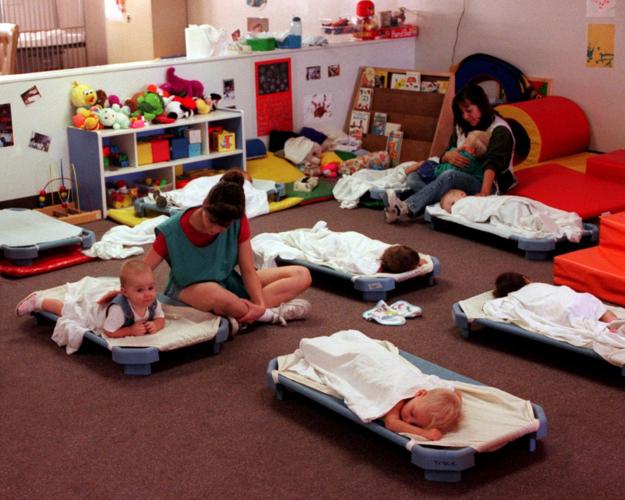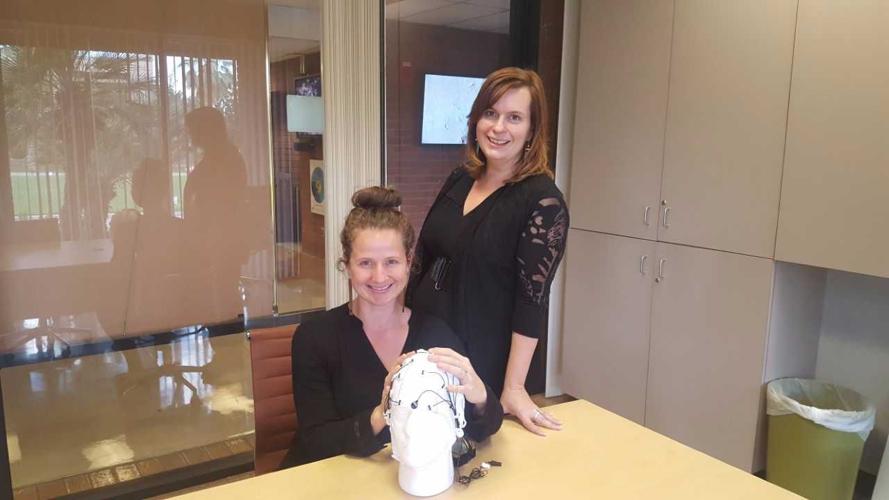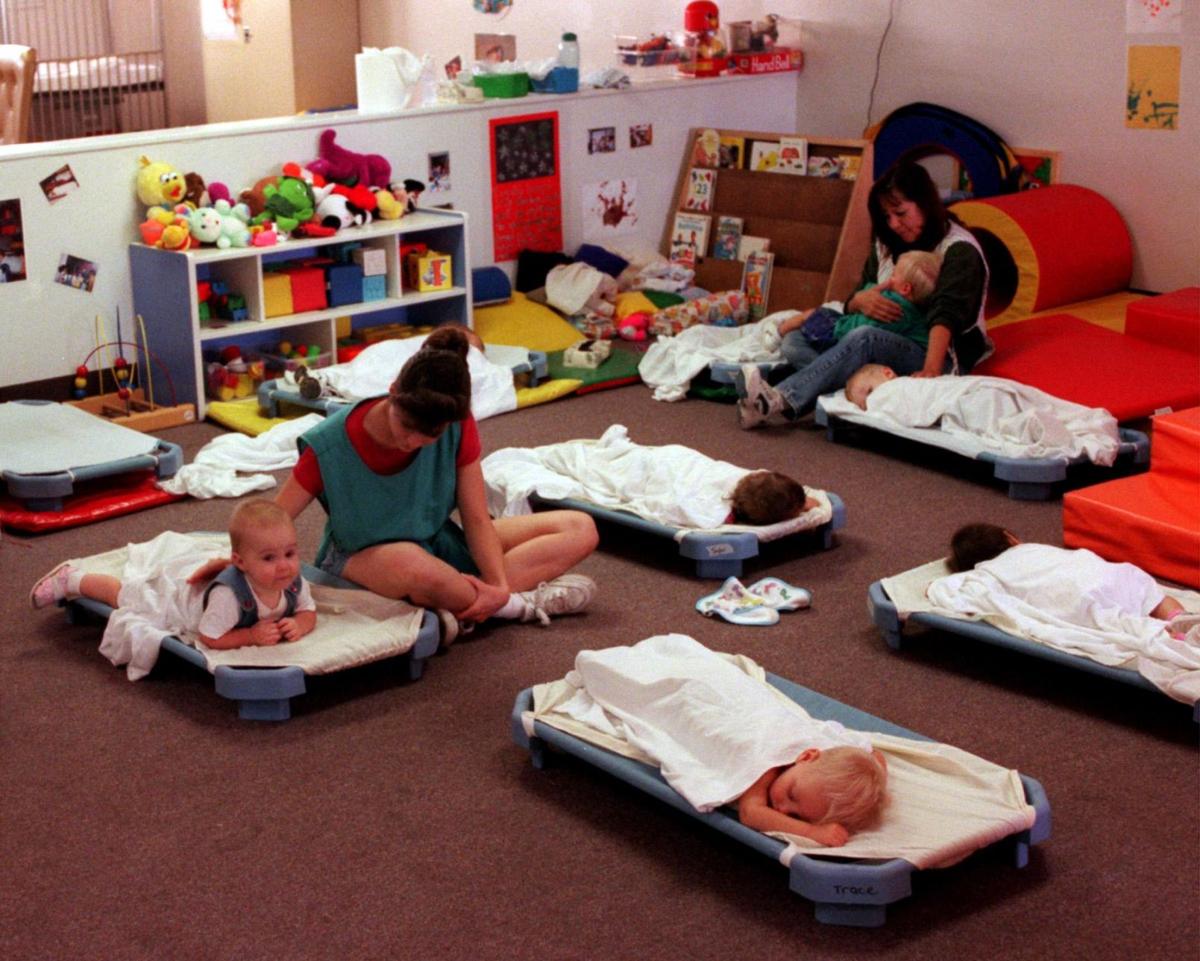A University of Arizona psychologist has a hunch that napping might not be so good for some children with Down syndrome.
Sorry, moms.
Jamie Edgin, an assistant professor of psychology at the UA, received a grant from the LuMind Research Down Syndrome Foundation to study whether napping can actually inhibit learning and memory for kids with Down syndrome, because naps can affect nighttime sleep patterns.
We're not talking about your toddlers here. We know littles (and their mamas) need those naps. Edgin plans to study children with Down syndrome who are 3½-years-old and older and still nap regularly. This is the age when typically-developing children transition out of nap time, she says, although every child is different.
For a week, Edgin, who is an affiliated faculty member with the Sonoran University Center for Excellence in Developmental Disabilities in Arizona, and UA graduate student Tyler Deeny Martino will study what happens to children's nighttime sleep, learning and memory when habitual nappers have their siestas restricted. Participating children will be hooked up overnight to a machine that can measure brain activity.
The $215,000 grant is funding this study along with collaborative research on sleep and learning by other psychology faculty including Stephen Cowen and Jessica Andrews-Hanna, according to press materials. The foundation has provided $1.5 million in the last eight years for similar research at the UA.
This is just a pilot study with five to 10 children. Edgin hopes to take the results to the National Institutes of Health for a bigger grant to duplicate the study on a larger scale, possibly in other countries.
Here are some of the questions we had for her.
Editor's note: This interview has been edited for clarity.
Tell me about the study and what you're hoping to discover:
"One controversy is when children should transition out of naps. Most typically-developing children transition out of naps between 3 or 4 years of age and do that naturally. There are some kids who hold on past that point and continue to nap, and there is some competing evidence of whether it's good to have kids nap, or should there be a transition point when we encourage them not to nap anymore to enhance their nighttime sleep?
"Children with Down syndrome, who we have been working with for 15 or 20 years in my laboratory, tend to nap much later in development than other kids ... these are kids at 6 or 7 years of age who are habitually napping during the day, so the question is whether having these naps during the day might be impacting nighttime sleep in a way to make sleep less efficient.
"We are going to restrict naps and encourage kids not to have naps for a week to determine whether that might help daytime function and learning and the consolidation of more information."

Jamie Edgin, right, and Tyler Deeny Martino, left, will study how napping might impact learning and memory for kids with Down syndrome. An EEG (electroencephalogram) cap like the one pictured will measure sleep quality.
Can you talk about the connection between sleep and learning?
"In the typical population, there is this link between good quality sleep and good cognition. Most people think if you don't get a good night sleep, you'll be inattentive and grumpy. There are links between poor sleep and inattention. The sleep period is a period in which the brain can engage and further process information because sensory stimuli are shut down and it's a special time frame for the brain to be processing things that we have learned through the day...
"One of the things we have found with children with Down syndrome ... is that there are links between sleep disturbance, in part due to obstructive sleep apnea, and their ability to learn new words and and their ability to develop vocabulary and start to express language."
How does napping play into this?
"Naps late in the day may be keeping the kids from getting into a deeper sleep, and if we can eliminate the naps and consolidate the sleep, we have the best chance of getting deep sleep. No one has done that work with individuals with Down syndrome. Studies with typically-developing kids restricted naps with older kids and it did improve their attention."
What benefits could come out of this if your hypothesis is correct?
"There are lots of pharmacological trials trying to enhance cognition with individuals with Down syndrome and behavioral treatments. ... This could just be a subtle behavioral modification for kids 3½ and up to support learning. It's a subtle thing parents could do. Not a very popular thing, though. I remember when my children transitioned out of naps. It's something that they would naturally do anyway at some point, but it could be a recommendation."
If you have a child 3½ or older with Down syndrome who naps regularly and you're interested in participating in the UA study or speaking with Edgin, email her at jedgin@email.arizona.edu or call her lab at 626-0244.






